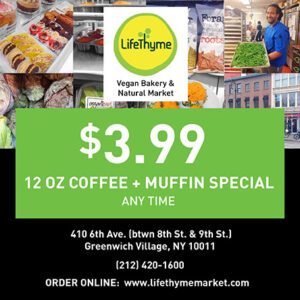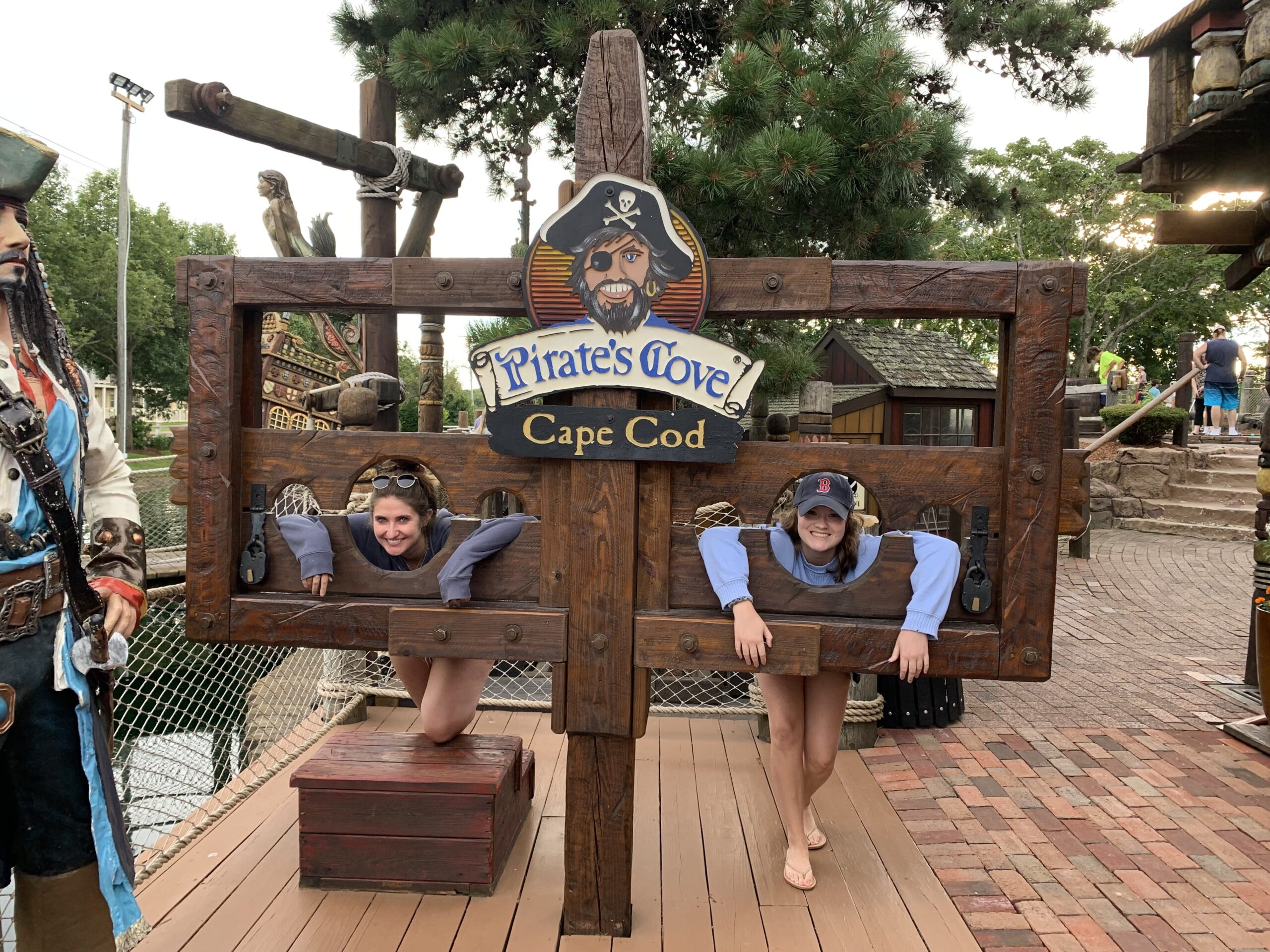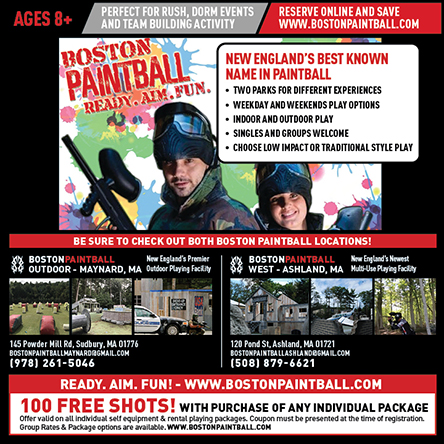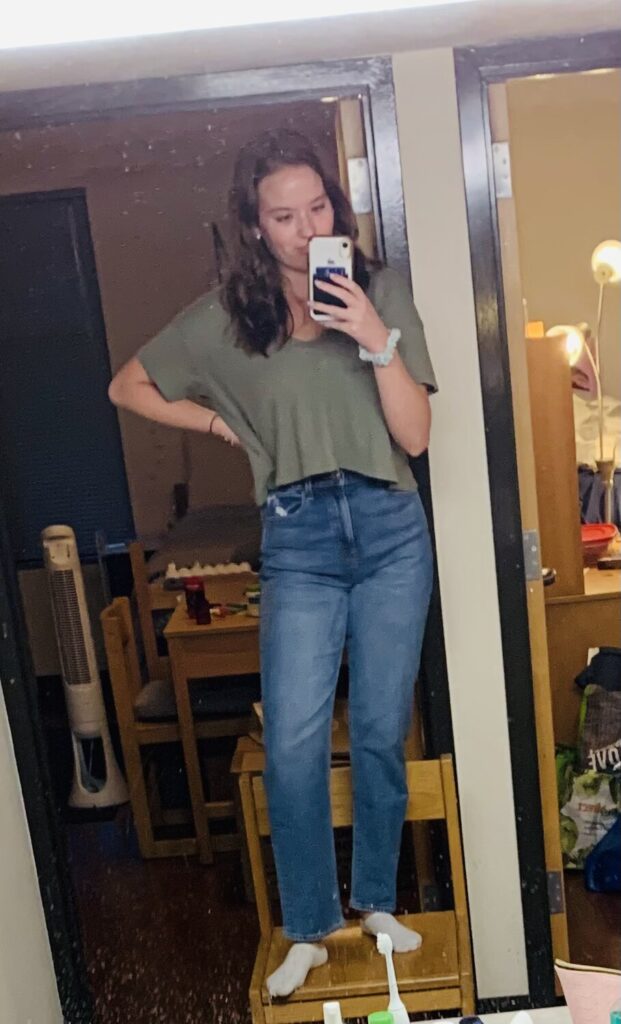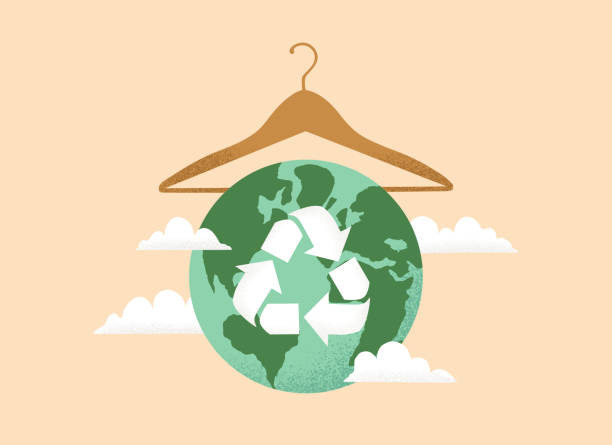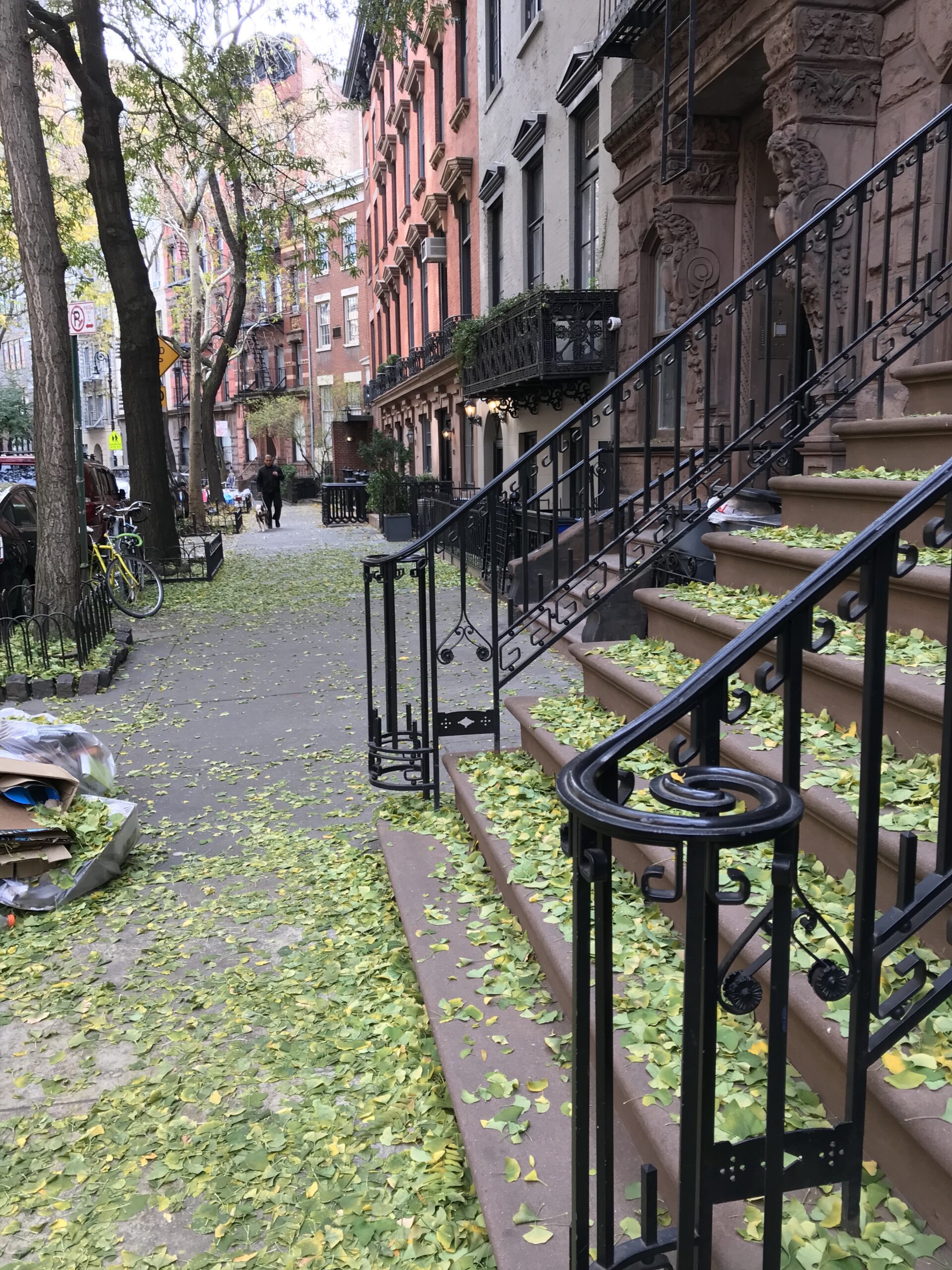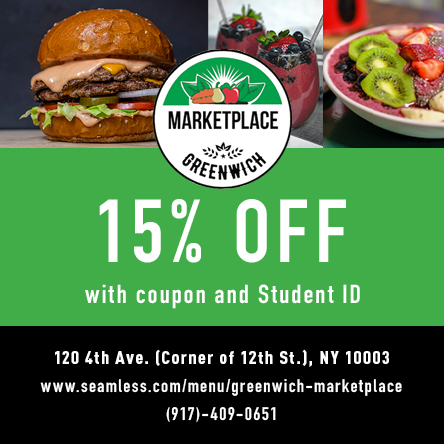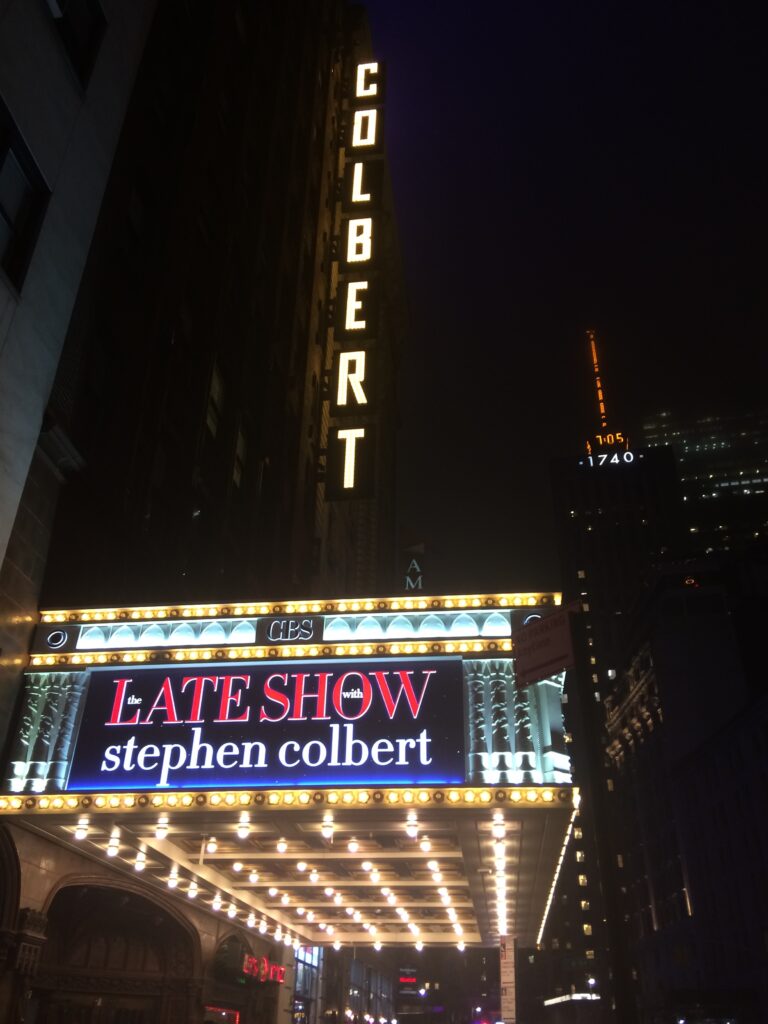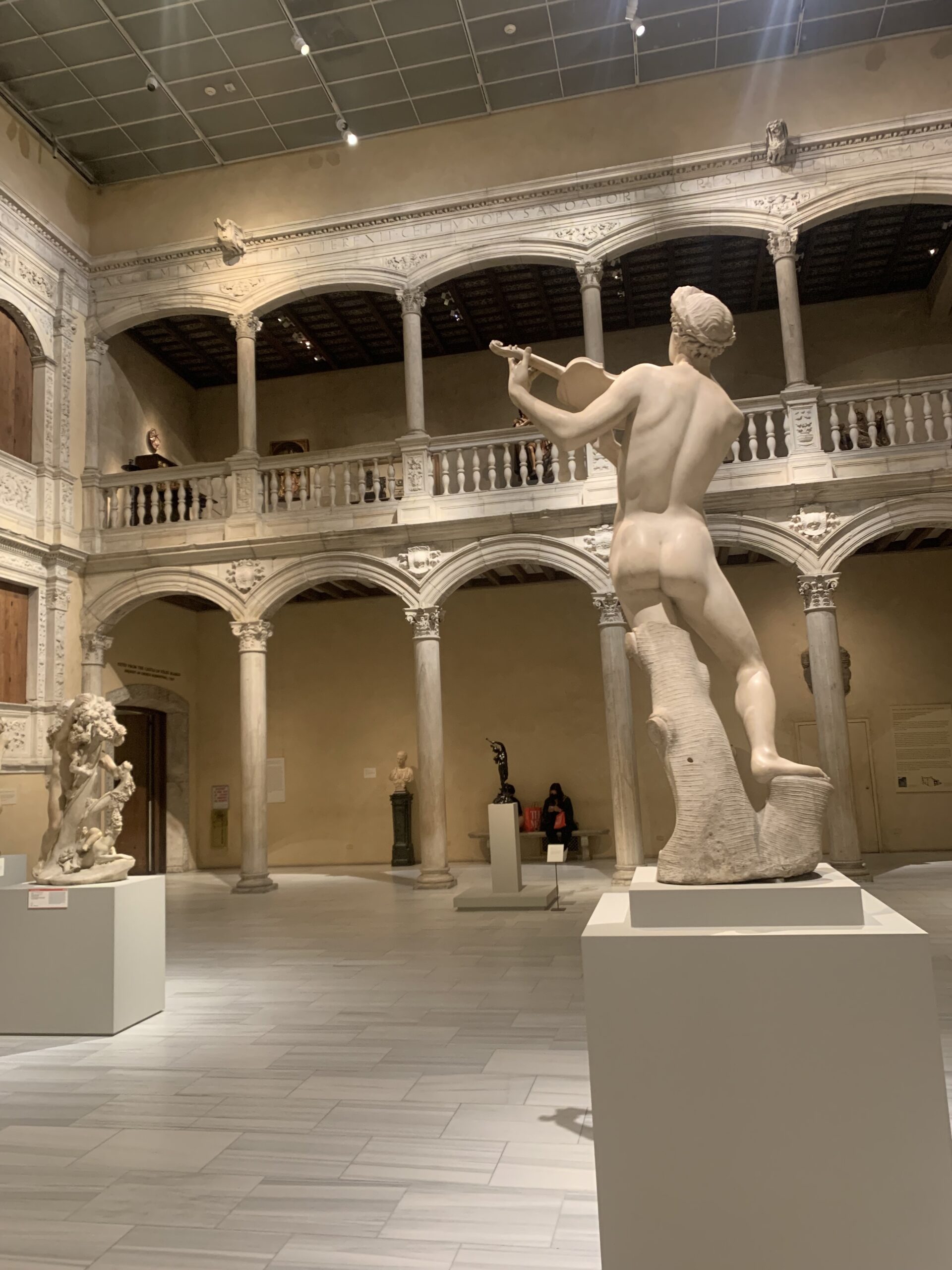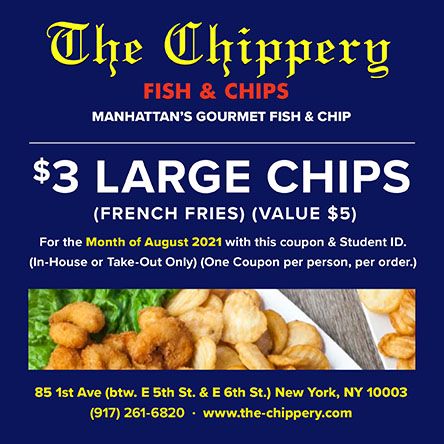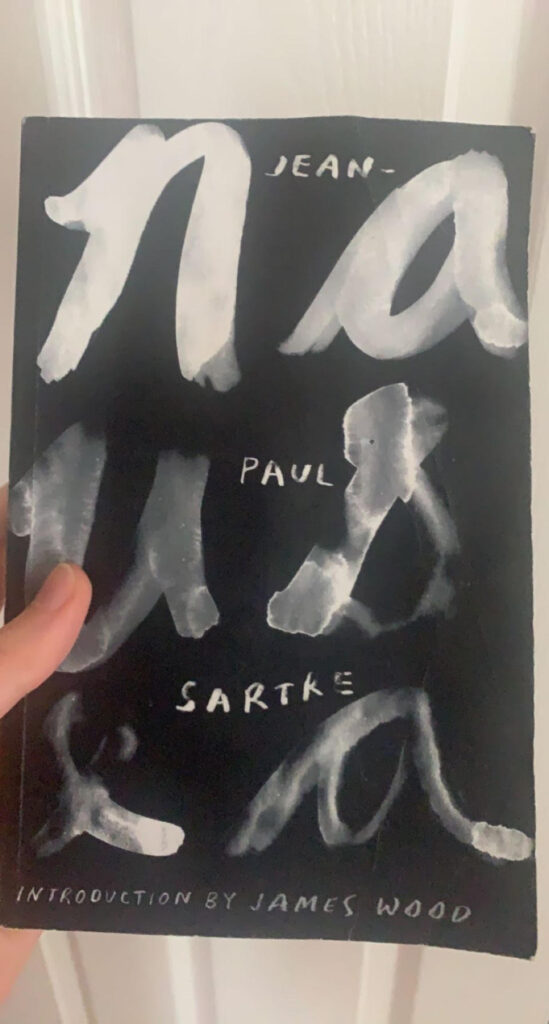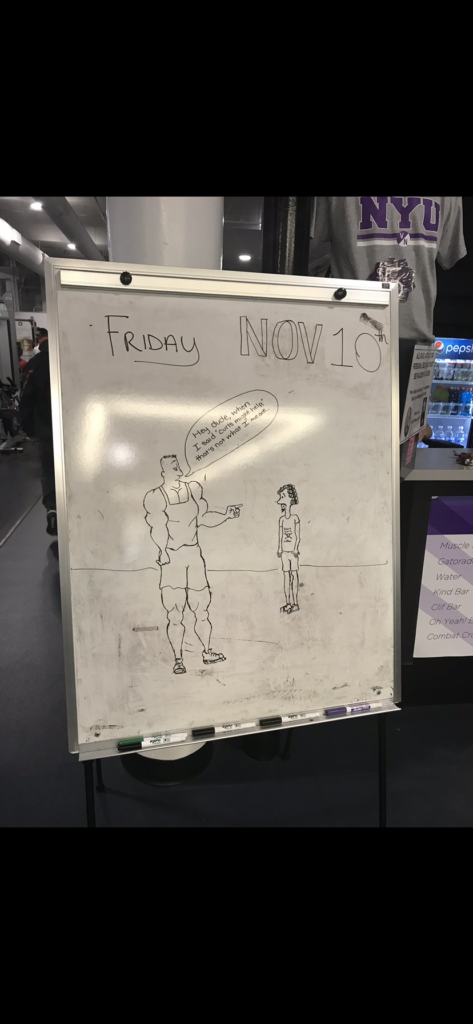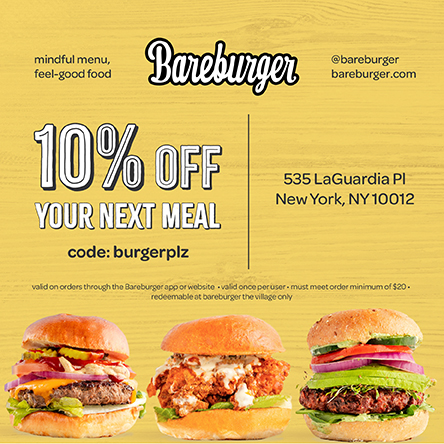One of the most challenging things I’ve faced as a working-class college student is sedentarism. Although my body is in constant motion between my five courses and thirty-two-hour work week, none is deliberate enough to constitute exercise—although the exhaustion my body feels every day would make one think otherwise. Additionally, with each passing semester, I have less free time to work out. As I ventured into my fitness journey last year during summer break, I learned that my mental health also affected my body on a physical level. On one hand, lacking the will to move my body was a sign of mental exhaustion, while on the other, not moving my body because of said mental state made me stiff and weak, affecting my physical health. It is a hard-to-break cycle I’ve been dealing with my whole life, but its effects have intensified since the start of my college journey.
It doesn’t help that I really dislike exercising. Many say that it’s an enjoyable activity, and perhaps it is for them. For me, it is dreadful and annoying from beginning to end. Last year I worked out rigorously for four months and it never got better. Sure, I loved how my body felt after the fact but while I was doing it? I don’t think so. Again, this is just my experience because I know many people who love exercising. I really wish I was like them, but I am not, so we must work with what we have. Thus, for us lazy folks (and maybe a bit neuro-spicy folks), I have put together a guide to exercise when we don’t want to because, well—I’m sorry to break it to you—we need to move our bodies to maintain physical and mental health. So, here it goes:

- When you wake up, before leaving your bed, stretch your muscles. There are plenty of stretches one can do in bed and it is important to develop flexibility to avoid muscle injury. The activity can last as much time as you have available, but it should be for a minimum of ten minutes.
- When you are reading class materials, don’t sit down. Adults should take at least 10,000 steps each day. So, use your reading time to walk around your home, neighborhood, or campus to get them in without even thinking about it–audiobooks are also great for this. The activity is not exhaustive, and it is beneficial to boost your stamina. Even I, who hates exercise, enjoyed this one.
- Similarly, when you are typing tirelessly on your computer, spend some time standing up. Find a place to put your laptop or monitor higher up so you can work while on your feet. This one is trickier because you may not have the space to do this, so if you don’t, try to do seated stretches to release shoulders and lower back tension.
- Find an activity that requires you to move your body and that you enjoy. Here is where you must have slightly more discipline to try different things. Yoga, dancing, martial arts, hiking, biking, and many others are activities that do not necessarily feel like exercise, but they are. If you hate every single one of them, that’s okay. You can try the previous steps.
- Lastly, surround yourself with people who love exercising. I hate to admit that it can work. They can be good motivators, and since they have your well-being at heart, they usually hold you accountable when you don’t move your body enough. And if you are a bit competitive, they might inspire you to train more! It is always nurturing to surround yourself with different perspectives.

And there you have it: five simple steps to improve your energy and flexibility. Although moving your body is essential, the most important thing to practice during your college journey is compassion. We are often so hard on ourselves because college takes our time to do things we enjoy, but we need to accept that our careers are demanding and try our best anyway. There are weeks where I don’t follow any of the steps and my body surely pays the price, but I don’t beat myself too hard on it because I must also protect my mind. I hope you do as well.

By Roxanna Cardenas
Roxanna is a Venezuelan writer living in New York City. Her works include essays, poetry, screenplays, and short stories. She explores fiction and non-fiction genres, with a special interest in horror and sci-fi. She has an A.A. in Writing and Literature and is working on her B.A. in English with a Creative Writing concentration.
For over 20 years, the Campus Clipper has been offering awesome student discounts in NYC, from the East Side to Greenwich Village. Along with inspiration, the company offers students a special coupon booklet and the Official Student Guide, which encourages them to discover new places in the city and save money on food, clothing, and services.
At the Campus Clipper, not only do we help our interns learn new skills, make money, and create wonderful e-books, we give them a platform to teach others. Check our website for more student savings and watch our YouTube video showing off some of New York City’s finest students during the Welcome Week of 2015.




